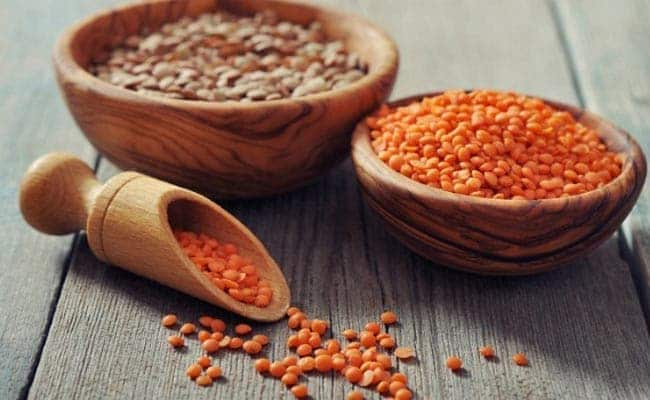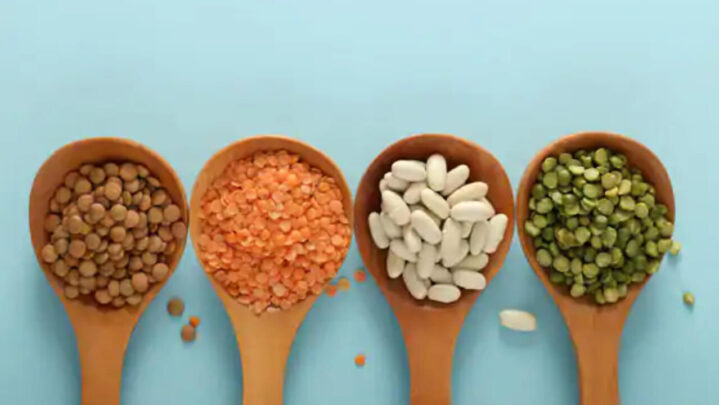Being Indian, we are familiar with pulses like lentils. India is well known for its diverse food. Due to its variety and quality, the cuisine we offer always raises questions in the minds of guests. Along with other spices, pulses are frequently used. With various pulses like lentils and peas, you can prepare desserts, curries, and other types of meals.
Pulses have been a common ingredient in food all throughout the world, not just in India, but also in Pakistan, the Mediterranean, and the Near East. For vegetarians, pulses are one of the main sources of protein. Not only pulses are a great source of protein, but they are also a great source of fiber, good carbohydrates, vitamins, and minerals that are vital for your general health and well-being.
Pulses have a very high nutritious value while being low in fat and cholesterol. They are abundant in-
Essential amino acids for proteins
Fibres
Carbohydrates
Polyphenols, an antioxidant
Iron and folate
Calcium, zinc, magnesium, and potassium are among the minerals
Benefits of pulses for health
Excellent source of nutrition
The best source of complex carbs, fiber, antioxidants, and proteins is pulsed. The diverse yet necessary combination of nutrients contributes to a portion of your balanced diet.
Pulses are high in proteins
Complex carbohydrates, and fiber, but are low in fat, which slows down digestion and makes you feel full. This may help control appetite. Pulses encourage constant, slow-burning energy, and their iron content aids in the body’s transportation of oxygen.
Could serve as a body tonic
Protein and calcium can be obtained easily by regularly eating lentils, dried beans, peas, and chickpeas. If you’re a vegetarian, you can omit seafood and any form of animal products. Many kids need to incorporate nutritious foods like pulses in their regular diets because they are underweight, frail, or get sick easily.
Beneficial for the heart
People who eat foods rich in various nutrients, such as pulses and legumes, are less likely to experience cardiovascular issues. Pulses lower the risk of heart attacks and protect against heart illnesses caused by high cholesterol. Additionally, the pulse’s high potassium and low sodium concentrations aid in controlling blood pressure.
Might aid in lowering blood sugar
Even though they include complex carbohydrates, pulses have a low glycemic index (GI), which means they prevent blood sugar levels from rising. With the help of pulses like beans, chickpeas, and green grams can help lower elevated blood sugar levels.

Also Read: A Beginner’s Guide To Working Out: How To Get Started With Exercise





